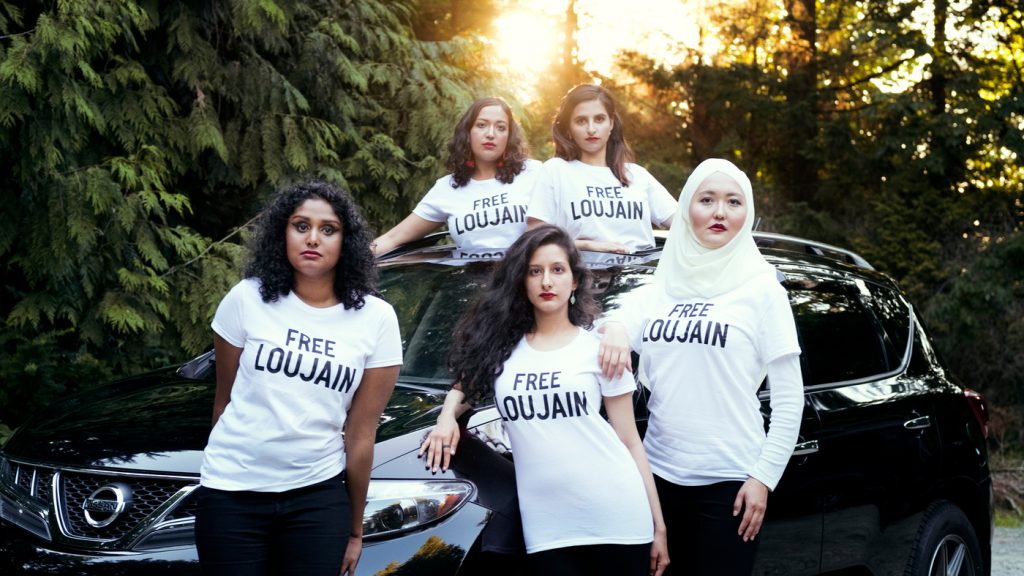Real Madrid soccer fans around the world are celebrating the recent 3-1 victory over Valencia which marks Real Madrid’s entrance into the upcoming Spanish Super Cup. However, this exciting news looms over the increasingly darkening reality of sports used to cover up humanitarian crises in the Middle East and internationally.
As fans celebrated this win, many citizens of the world mourned the 600th day of confinement of Saudi women’s rights activist Loujain al-Hathloul, this past Wednesday Jan. 8, 2020.
The activist was arrested for defying the ban on womens’ right to drive in May 2018. Al-Hathloul has remained a political prisoner in Saudi Arabia despite the driving ban having been reversed just weeks after al-Hathloul’s arrest. She has remained detained and is confirmed to have undergone vicious torture since her arrest.
In light of recent attention toward these Saudi human rights violations, there has been a conjoined effort to increase the amount of sports events hosted in Saudi Arabia and thus divert international attention from these important issues. This anniversary has been met with criticism as the national attempt to “sportswash” important social and political movements such as this continues.
The most recent move in the direction of “sportswashing” has come in the form of a contract between Saudi Arabia and the Royal Spanish Football Confederation (RFEF) ensuring tournaments for the next three years will be held on Saudi soil. This deal was met with international protests, as well as angry Real Madrid fans fuming about the inconvenient and unnecessary distance for fans to travel.
These complaints criticized the RFEF’s motive for entering this contract as being complicit in the silencing of voices calling for social change in Saudi Arabia. Some have even gone as far as to claim that the RFEF had been offered a choice between humanitarianism and financial gain and ended up on the wrong side of history in their “unashamed” support of the Saudi regime (i News, 2020).
The Saudi kingdom has been known to actively enact laws which categorize feminism, homosexuality, and atheism as “extremist” views and thus vulnerable to governmental protective action and subjection to the death penalty. Despite Saudi’s treatment of prisoners and excessive use of capital punishment as generally discouraged, actions such as the RFEF’s bring into question just how strongly these actions are condemned.
Should the international community truly look upon these policies as human rights violations worthy of worldwide attention, corporations would be inclined to support the public discourse, as it would be worth more than the financial gain offered. Instead, we treat the issues and abuse surrounding the rights of non-Western women as of lesser importance, if not virtually invisible to the powerhouse which is sports-related economy.
On the other hand, perhaps the responsibility to afford or deny support to countries withholding basic rights lies not in the hands of corporations acting for financial benefit, but in the individual and international community. After all, businesses are designed to act in their own best interest which, in the RFEF’s case, is accepting an exponentially beneficial contract with Saudi Arabia, regardless of the intentions or ethics behind it.
The international community, however, claims to be vigilant in protecting human rights and stopping humanitarian crises from violating the sacred code of humanity we claim to defend. Perhaps instead of holding the RFEF responsible, we must look to the responsibility we and our elected leaders have in assuring these rights we boast to value across the globe.
Sources: CNN, inews.com

